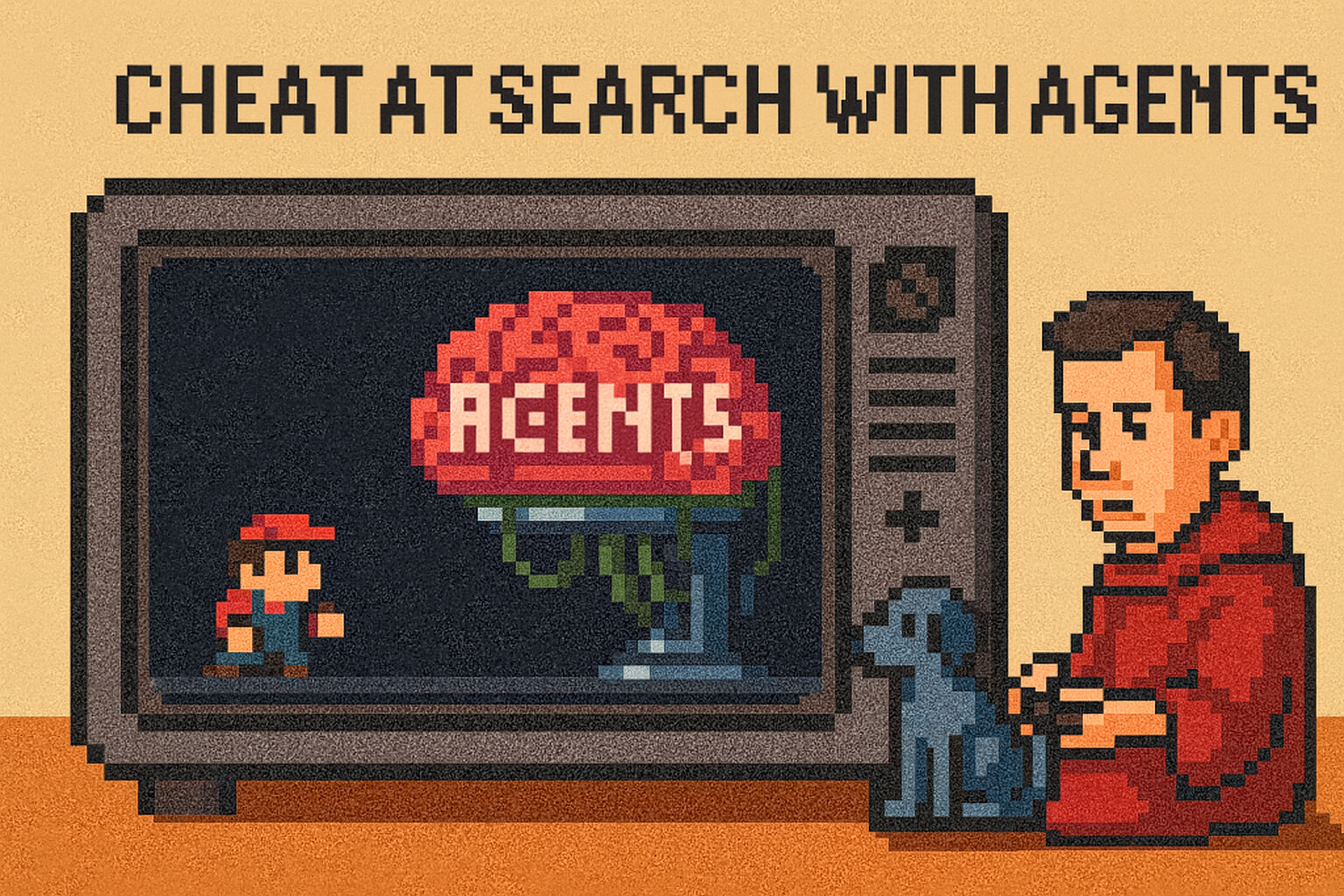While developing our book, reviewers periodically rated our book with a 5 star rating.
The feedback fell into 3 rough buckets:
-
1-2 stars: this book was not for them. They should be discouraged from buying it
-
3-4 stars: they got the vision of the book, but saw a better execution of the vision. They wanted to help us get there.
-
5 stars: so enthusiastic about the book they didn’t have any substantive feedback
The most important group is the 3-4 Star people. We took their feedback seriously. They saw the best version the book could be, and they were on our team.
The 1-2 Star people didn’t get the book at all. They had a completely different outlook, even set of values, around the problem space. We needed to find a way to avoid them, not market to them, and/or simply better clarify the point of the book. We loved the 5 star folks, as they gave us energy to keep going, but usually they didn’t dig deep, with substantive, constructive criticism.
In work, we’re often told “feedback is a gift”. But the reality feedback is only a gift from the 3-4 star people. Those that get us, care about us, but see a better version of ourselves we can achieve.
How many people is that in life? That dig deep to give us thoughtful feedback? That can caringly give that feedback? Precious few.
When we’re told to uncritically accept feedback. That “feedback is a gift”, I feel queasy.
Internalizing feedback from the wrong sources can be very destructive. It can lead to a crisis of confidence. It can lead us to question our conviction. It can weaken our unique perspective, and water us down to a point of ineffectiveness. At its worst it can cause us to be gaslit by people who want to do us harm - sociopaths or narcisissts we need to get out of our lives.
We can’t get better without feedback. Accepting no feedback is as pathological as accepting all feedback. We should default to curiosity about all feedback, but also lean on our assertiveness to know where to draw the line.
Most dangerous is the feedback of the powerful. We default to taking that feedback especially to heart: they control our careers and even lives. How can we NOT accept that feedback? But here we are most vulnerable, and most easily manipulated.
Be careful. Set that boundary for yourself. Accepting and internalizing all feedback is a terribly dark road to manipulation and lost authenticity. Lean on curiosity, openness, but assertiveness. Say no, and don’t let yourself be manipulated by “feedback”.
Enjoy softwaredoug in training course form!
Starting Feb 2!
 I hope you join me at Cheat at Search with LLMs to learn how to apply LLMs to search applications. Check out this post for a sneak preview.
I hope you join me at Cheat at Search with LLMs to learn how to apply LLMs to search applications. Check out this post for a sneak preview.
